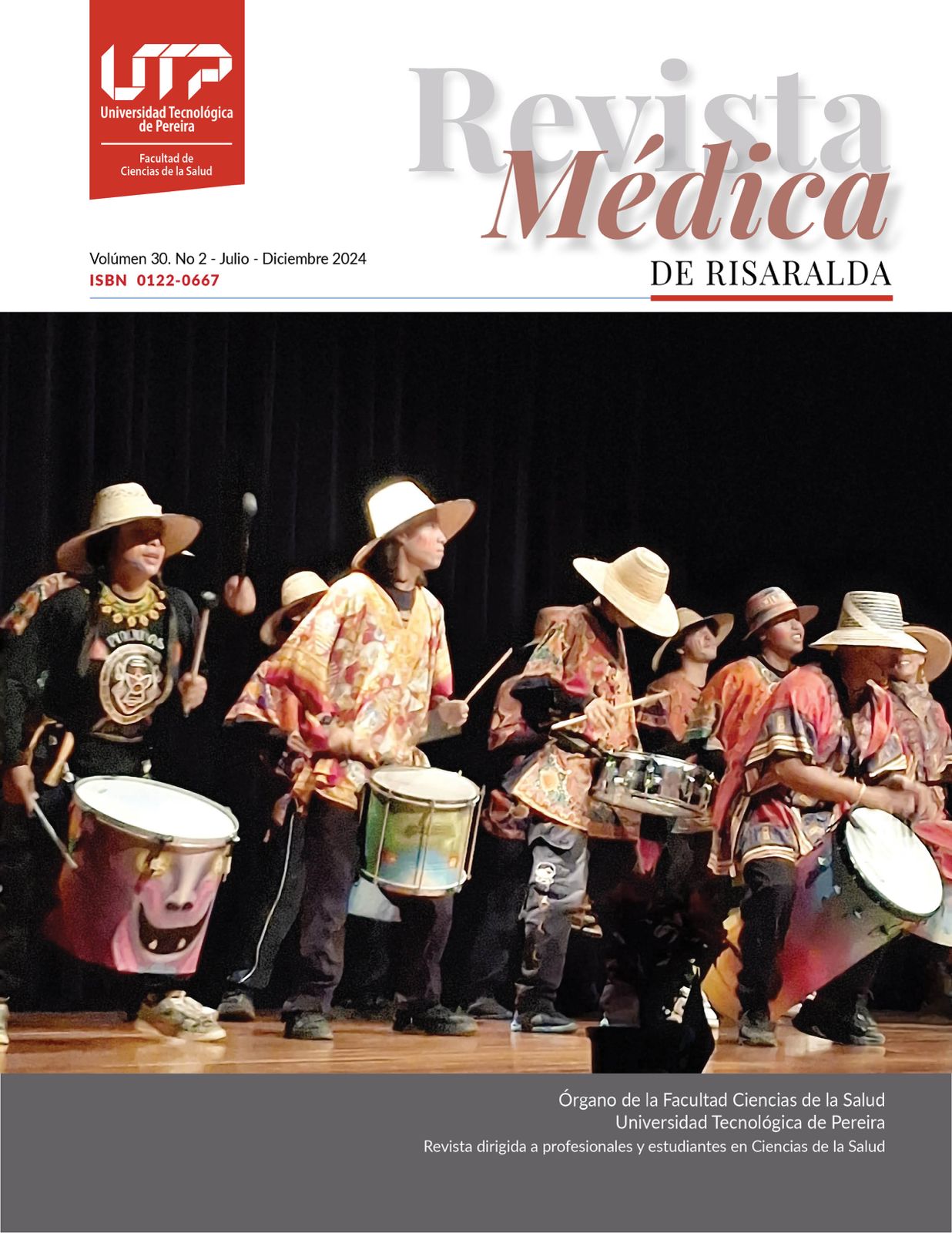New perspectives in medical education in Colombia: technology, humanization and artificial intelligence
DOI:
https://doi.org/10.22517/25395203.25719Keywords:
Technology, Medical Education, Artificial Intelligence, HumanizationAbstract
Medical education in Colombia is facing significant transformations due to the integration of educational technology, the growing use of artificial intelligence (AI) and training with emphasis on competencies aimed at developing critical clinical judgment and sound decision making within the framework of humanism and empathy. This article reflects on how these global trends are impacting teaching models in medicine, adapting to the needs of a modern and increasingly interconnected clinical environment.
Downloads
References
Frenk J, Chen L, Bhutta ZA, et al. Health professionals for a new century: transforming education to strengthen health systems in an interdependent world. Lancet. 2010;376(9756):1923-58.
Bloom BS. Competency-based education and behavioral objectives. Med Educ. 1971;6(1):11-24.
Cook DA, Brydges R, Hamstra SJ, et al. Comparative effectiveness of technology-enhanced simulation vs. traditional training in health-professions education: a systematic review and meta-analysis. JAMA. 2012;306(9):978-88.
Botero AM, Castañeda CA. El uso de tecnologías en la educación médica: experiencias en América Latina. Rev Colomb Med Educ. 2020;8(2):45-52.
Wartman SA, Combs CD. Medical education must move from the information age to the age of artificial intelligence. Acad Med. 2018;93(8):1107-9.
Dijkhuizen P, Werb A, Matheson K, et al. Artificial intelligence in health professions education. Med Teach. 2020;42(8):949-55.
Charon R. The patient-physician relationship. Ann Intern Med. 2001;134(9):832-7.
Osorio L, Franco G. Educación humanizada en Colombia: un desafío para el siglo XXI. Educ Med Salud. 2019;14(3):177-84.
Gruppen LD, Mangrulkar RS, Kolars JC. Competency-based education in the health professions: implications for improving global health. Hum Resour Health. 2012;10(1):43.
Issenberg SB, McGaghie WC, Hart IR, et al. Simulation technology for health care professional skills training and assessment. JAMA. 1999;282(9):861-6.
Harden RM, Stevenson M, Downie WW, Wilson GM. Assessment of clinical competence using objective structured examination. BMJ. 1975;1(5955):447-51.
Crossley J, Johnson G, Booth J, et al. Good questions, good answers: construct alignment improves the performance of workplace-based assessment scales. Med Educ. 2011;45(6):560-9.
Downloads
-
Vistas(Views): 2578
- PDF (Español (España)) Descargas(Downloads): 2384
- PDF Descargas(Downloads): 52
Published
How to Cite
Issue
Section
License
Cesión de derechos y tratamiento de datos
La aceptación de un artículo para su publicación en la Revista Médica de Risaralda implica la cesión de los derechos de impresión y reproducción, por cualquier forma y medio, del autor a favor de Facultad de Ciencias de la Salud de la Universidad Tecnológica de Pereira. 1995-2018. Todos los derechos reservados ®
por parte de los autores para obtener el permiso de reproducción de sus contribuciones. La reproducción total o parcial de los trabajos aparecidos en la Revista Médica de Risaralda, debe hacerse citando la procedencia, en caso contrario, se viola los derechos reservados.
Asimismo, se entiende que los conceptos y opiniones expresados en cada trabajo son de la exclusiva responsabilidad del autor, sin responsabilizarse ni solidarizarse, necesariamente, ni la redacción, ni la editorial.
Es responsabilidad de los autores poder proporcionar a los lectores interesados copias de los datos en bruto, manuales de procedimiento, puntuaciones y, en general, material experimental relevante.
Asimismo, la Dirección de la revista garantiza el adecuado tratamiento de los datos de carácter personal



